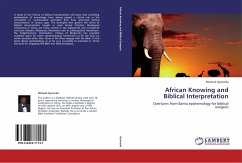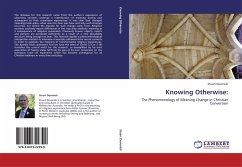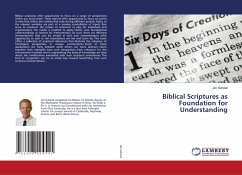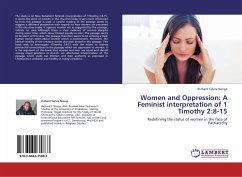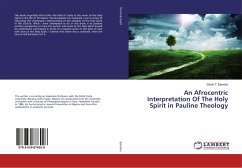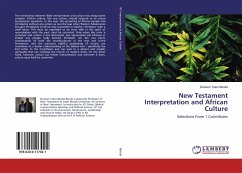A study of the history of biblical interpretation will show that prevailing philosophies of knowledge have always played a critical role in the articulated or unarticulated principles that have governed biblical interpretation in various ages. The principles that govern the forms of biblical interpretation taught in most formal Christian theological institutions in Africa are those rooted in the eighteenth and nineteenth centuries' Modern Missionary Movement and its philosophical framework, the Enlightenment. Postmodern critique of Modernity has provided academic space for other epistemological frameworks to be the basis on which societies other than those in the West engage with the Bible. In this book, Bantu epistemology, in as far as it is possible to articulate it, forms the basis for engaging the Bible and biblical exegesis.
Bitte wählen Sie Ihr Anliegen aus.
Rechnungen
Retourenschein anfordern
Bestellstatus
Storno

